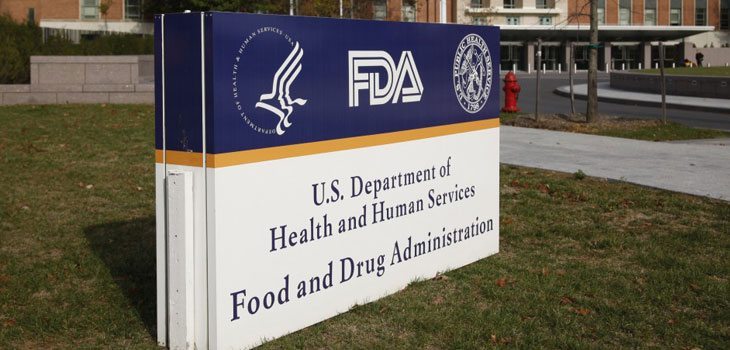
The end of last week was a big one for a number of companies in the healthcare space, with three giants of the sector reporting three separate and very different FDA approvals in the US. Here is a look at the three drugs that picked up a regulatory green light with a discussion of what each drug means for both the company that is spearheading its commercialization and the target patient population it targets.
The three companies in focus for the session today are Mylan N.V. (NASDAQ:MYL), Amgen (NASDAQ:AMGN) and Eli Lilly and Company (NYSE:LLY).
We said they were big names.
So, let’s kick things off with Mylan.
On Friday, Mylan announced that the FDA has approved a drug called Ogivri. This one has been something of a controversial asset in the sense that there’s been a degree of resistance to its advance towards commercialization in the US based on its position as a biosimilar.
For those unfamiliar with this term, a biosimilar is essentially the same as a generic drug (in concept, at least) but it’s a copy of a biologic as opposed to a chemical asset. Ogivri is a biosimilar to Herceptin, which is a cancer drug developed, commercialized and now very much well-established by Roche Holdings AG Basel ADR (OTCMKTS: RHHBY).
It’s used in a whole host of different types of cancer but is probably best well-known as a breast cancer therapy.
Anyway, Ogivri has been approved for all indications included in the label of Herceptin, including for the treatment of HER2-overexpressing breast cancer and metastatic stomach cancer.
For Mylan, this is great news – Herceptin should generate anywhere between $3.5 billion to $4.5 billion this year alone and the company now has access to this market with a cheaper, but otherwise exactly the same, alternative to the established oncology drug.
For Roche, of course, the news is not so good.
From a patient perspective, this is, again, good news. It should increase access to a well needed oncology drug and do so at a reduced cost as compares to the currently available regimen.
Moving on, Amgen.
The drug that Amgen was able to get approved in the US last week is called Repatha (evolocumab) and, under the approved label, it can now be sold as an asset designed to prevent heart attacks, strokes and coronary revascularizations in adults with established cardiovascular disease.
Again, this is a market with a dramatic unmet need and, as such, the approval is a strong step forward not just for Amgen and its shareholders but also for the cardiovascular population that the drug targets.
Some reading may already be familiar with Repatha. It’s already approved as a cholesterol-lowering drug (as per a 2015 approval) but, to date, has disappointed somewhat in terms of hitting on its peak sales projections.
During the first quarter of this year, it brought in around $49 million.
With the latest approval, however, there’s a strong chance that we will see some degree of improvement on these $50 million quarterly, even to the point where we could see the drug hit peak in and around $1 billion annually over the next 4 to 5 years.
Finally, Eli.
The drug that Eli had approved is called Taltz and it is an injectable asset targeting the treatment of adults with active psoriatic arthritis (PsA).
PsA is a nasty condition that arises in patients that suffer from psoriasis – an autoimmune disease more commonly associated with dermatological problems. It causes pain and immobility in the joints (especially knuckles and knees) and, currently, there is very little in the way of effective treatment on shelves in the US for this patient population.
Further, those treatments that are effective often only remain effective for short periods, meaning chronic administration is not really an option in a large portion of the patient population in question.
This one is already approved in Europe where it is selling well and analysts expect peak sales by 2022 of in and around $1 billion. The recent approval paves the way for the US market to account for circa 50% of these peak sales, meaning the decision is worth about $500 million annually to Eli.
As expected, all of these three companies are trading strongly into the start of this week and we expect this momentum to continue as the week matures towards midpoint.




